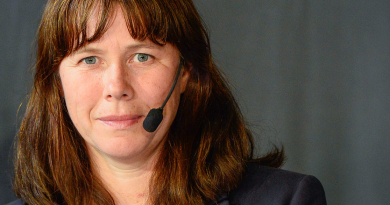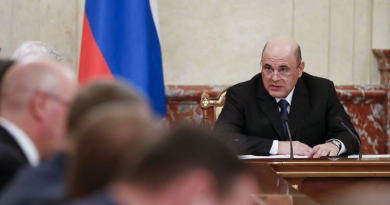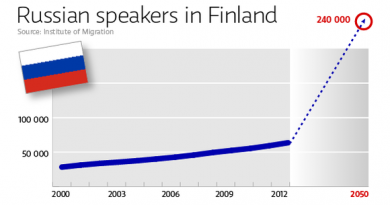Sami Parliament in Finland agrees more time needed for Truth and Reconciliation Commission preparation
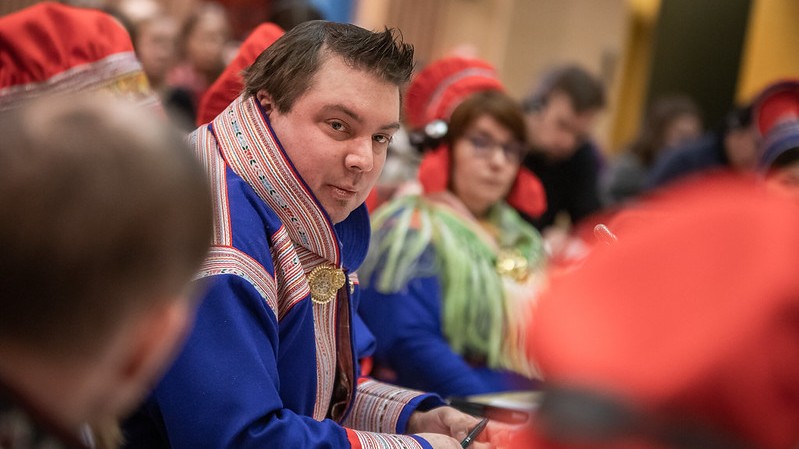
The Sami Parliament in Finland has decided more time is needed to prepare for the Truth and Reconciliation Commission saying COVID-19 has slowed work considerably.
The parliament agreed that the November 2022 deadline should be pushed until the end of of 2023, they announced on Monday.
“The early time frame was too narrow because of the coronavirus,” said the President of the Sami Parliament in Finland, Tuomas Aslak Juuso, in a phone interview.
Anni Koivisto, deputy speaker of the Sami Parliament in Finland, said priority needed to be on the quality of the preparation.
“The start of the commission’s work has been delayed and it’s important for us to ensure that a too tight schedule does not become an obstacle to the success of this important work,” Koivisto said in a news release.
Culturally appropriate psychosocial support needed
In addition to the time obstacles created by public health directives in response to the pandemic, putting the appropriate support services in place to accompany those participating in the commission, also needs more time, Jusso said.
“We have a lack of culturally appropriate psychosocial services for Sami,” he said. “It’s an long time issue here in Finland. So while time delays because of coronavirus is a main factor, more time to prepare for psychosocial support is also important.”
Canadian TRC an example
The Sami are an Arctic Indigenous people whose traditional homeland spans the Arctic regions of Norway, Sweden, Finland and the Kola Peninsula in Russia’s western Arctic, an area they refer to collectively as Sapmi. There are an estimated 10,000 Sami living in Finland, with more than 60 per cent of those living outside of the Sami homeland area.
Colonial policies in Sweden, Finland, Norway and Russia continue to effect Sami life, culture and land use. They also involved the education system and church discouraging or actively suppressing Sami languages and culture and forcibly assimilating Sami children into the dominant culture, something that continues to negatively impact Sami languages and education today.
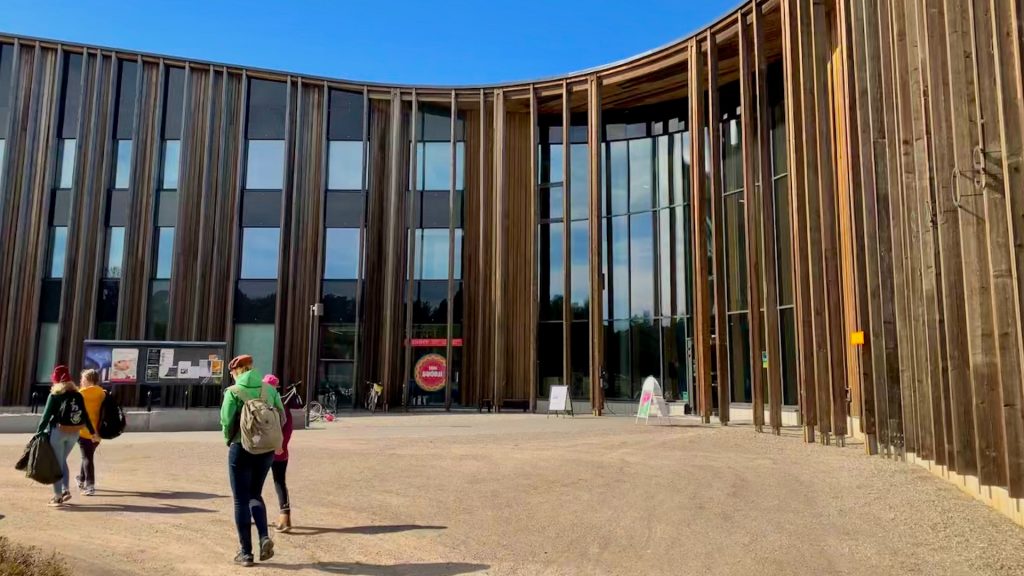
(Eilís Quinn/Eye on the Arctic)
In 2019, the Finnish government agreed to the formation of a Truth and Reconciliation Commission to address historical injustices towards the Sami in Finland.
Tuomas Aslak Juuso says the Truth and Reconciliation Commissions in Canada and South America have informed much of the preparation in Finland. Advisors have included two commissioners who served on Canada’s Truth and Reconciliation Commission, Marie Wilson and Wilton Littlechild, as well as Peruvian human rights activist and sociologist Eduardo González who has been involved in advising 20 countries on their Truth and Reconciliation Commissions.
In Canada, the Truth and Reconciliation Commission was established after the 2007 Indian Residential Schools Settlement Agreement. The goal of the commission was to record survivor testimony and detail the legacy the residential school system still has on Inuit, First Nations and Métis communities in Canada.
The final report was released in 2015 and included 94 recommendations.
“The Canadian experience has been a big example to us,” Jusso said.
Truth and Reconciliation Commission processes are also underway in Sweden and Norway.
Write to Eilís Quinn at eilis.quinn(at)cbc.ca
Related stories from around the North:
Canada: Reconciliation means doing business differently in Canada, northerners say, Eye on the Arctic
Finland: Finnish gov agrees to formation of Sámi Truth and Reconciliation Commission, Yle News
Norway: Can cross-border cooperation help decolonize Sami-language education, Eye on the Arctic
Sweden: Sami in Sweden start work on structure of Truth and Reconciliation Commission, Eye on the Arctic
United States: Alaska reckons with missing data on murdered Indigenous women, Alaska Public Media

